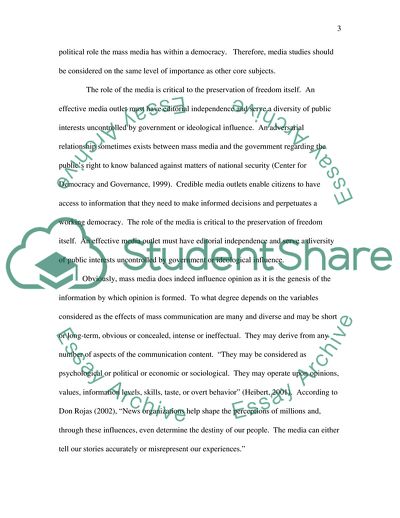Cite this document
(Why is Media an Important Academic Discipline Article, n.d.)
Why is Media an Important Academic Discipline Article. https://studentshare.org/education/1708487-why-is-media-an-important-academic-discipline
Why is Media an Important Academic Discipline Article. https://studentshare.org/education/1708487-why-is-media-an-important-academic-discipline
(Why Is Media an Important Academic Discipline Article)
Why Is Media an Important Academic Discipline Article. https://studentshare.org/education/1708487-why-is-media-an-important-academic-discipline.
Why Is Media an Important Academic Discipline Article. https://studentshare.org/education/1708487-why-is-media-an-important-academic-discipline.
“Why Is Media an Important Academic Discipline Article”. https://studentshare.org/education/1708487-why-is-media-an-important-academic-discipline.


